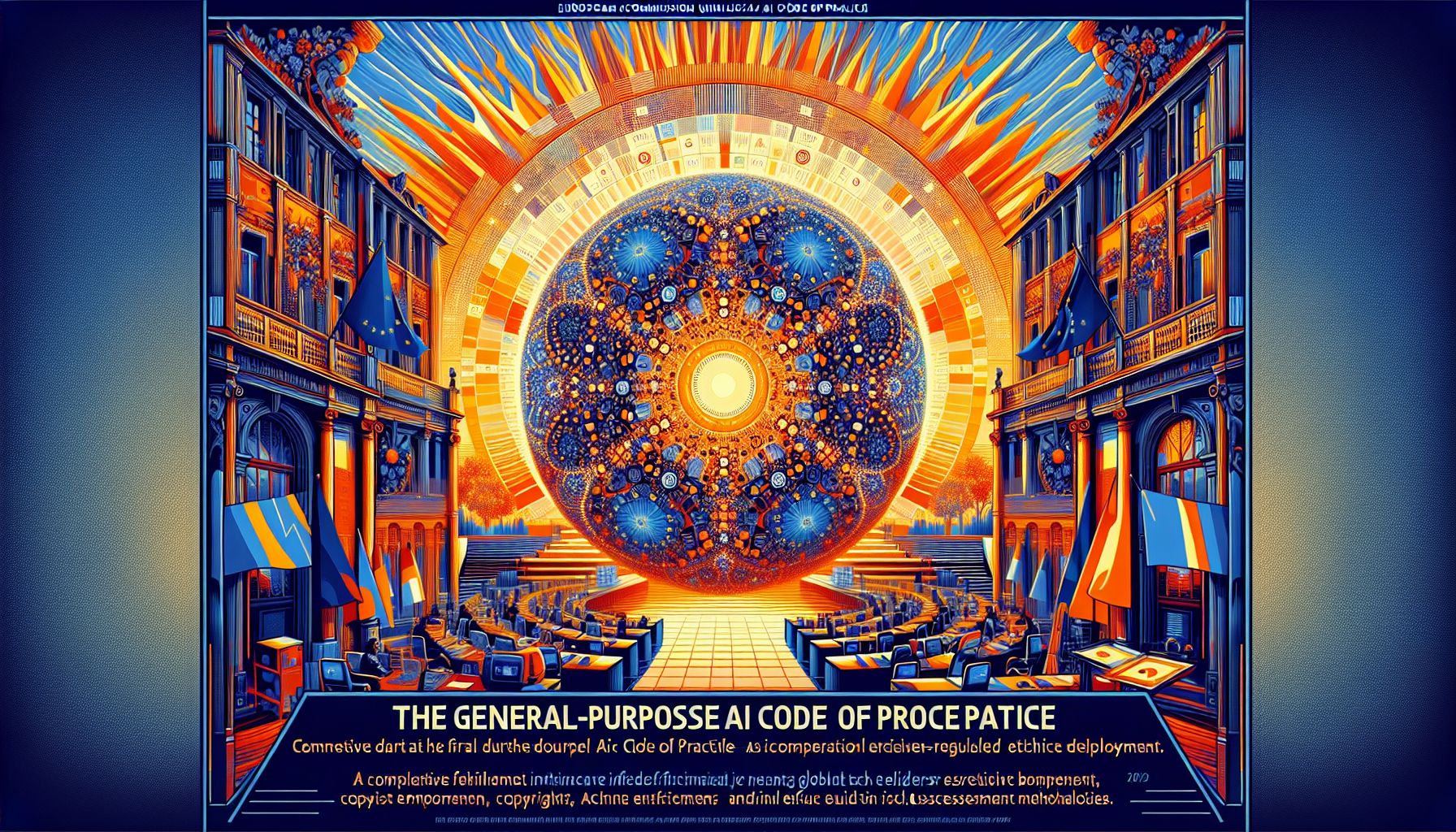EU's Draft AI Code Sets New Standards for 2025 Implementation

Brussels, Friday, 29 November 2024.
The European Commission unveiled its first draft of the General-Purpose AI Code of Practice, marking a significant step towards regulated AI deployment by August 2025. The comprehensive framework addresses critical aspects including transparency, copyright enforcement, and risk assessment methodologies. This initiative comes as global tech leaders and policymakers intensify efforts to establish ethical AI guidelines, with final documentation expected in May 2025.
Setting a New Benchmark for AI Deployment
The draft AI Code of Practice, developed by independent experts and overseen by the AI Office, underscores the European Union’s proactive approach to AI governance. This initiative aims to streamline the application of the upcoming AI Act by August 2025, providing a structured governance model that ensures AI technologies are deployed ethically and transparently. The Code is a direct response to the increasing demand for regulatory frameworks that address the rapid evolution and integration of AI in various sectors[1].
Framework for Transparency and Accountability
One of the core elements of the proposed Code is the emphasis on transparency in AI operations. By mandating clear documentation and disclosure practices, the Code aims to mitigate risks associated with AI deployments, such as bias, misinformation, and systemic failures. The framework includes detailed guidelines on enforcing copyright rules and assessing potential risks posed by AI systems, ensuring that developers and users alike are held accountable for their AI implementations[1].
International Collaboration and Feedback
The draft Code has been shaped through extensive consultations involving industry leaders, academic experts, and civil society representatives. It reflects a multi-stakeholder approach, inviting feedback from EU Member States and international observers until 28 November 2024. This collaborative process aims to refine the Code further, ensuring it aligns with both European and global standards of AI deployment. The final version, anticipated in May 2025, will incorporate these insights to enhance its applicability and effectiveness[1].
Global Impact and the Path Forward
As the EU moves forward with its AI regulatory framework, it sets a precedent for other regions grappling with AI policy challenges. The draft Code’s comprehensive approach could influence international standards, prompting countries like India and the United States to evaluate their regulatory strategies. By setting a clear timeline and involving diverse stakeholders, the EU aims not only to regulate but also to inspire global cooperation in addressing the ethical and practical challenges posed by AI technologies[2][3].

